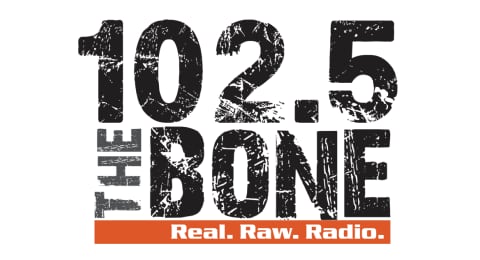Five Americans who had been jailed for years were freed from Iran on Monday as part of an elaborate diplomatic deal with the U.S.
Siamak Namazi, Morad Tahbaz and Emad Shargi, as well as two others, had been detained in Iran for nearly a decade over a series of varied allegations including espionage. Two other Americans, who had not been jailed but had been barred from leaving Iran, were also released as part of the agreement.
"Today, five innocent Americans who were imprisoned in Iran are finally coming home," President Joe Biden said in a statement. "I am grateful to our partners at home and abroad for their tireless efforts to help us achieve this outcome, including the Governments of Qatar, Oman, Switzerland, and South Korea."
Nasser Kanaani, a spokesman for Iran's foreign ministry, said of the five prisoners released from U.S. custody, two would return to Iran and two would stay in the U.S., while the other would travel to a different country where their family lived.
Journey to freedom
The exchange was mediated by the Gulf State of Qatar where the prisoners were swapped at the airport in its capital, Doha.
Following his release, Namazi, who had been in prison for over seven years, published an emotional statement where he thanked those “who didn’t allow the world to forget me.”
Read more from Yahoo News
Yahoo News: Iran prisoner swap live updates: 5 freed Americans on way back to U.S.
The Hill: Trump: 'I brought 58 hostages home … and never paid anything'
The Independent: Family 'overjoyed' as British father released from Iranian jail in US prisoner swap
AFP: Biden takes political risk with Iran prisoner swap
Reuters: US-Iran ties remain adversarial but door for nuclear diplomacy remains open, US says
“Thank you for being my voice when I could not speak for myself and for making sure I was heard when I mustered the strength to scream from behind the impenetrable walls of Evin Prison,” his statement read.
‘Emotional conversation’
Speaking at a press conference on Monday, Secretary of State Antony Blinken said he had spoken to prisoners once they landed in Doha, saying it was an "emotional conversation."
"It's easy in the work we do every day to get lost in the distraction of foreign policy... forgetting the human element in what we do," he said. "Today their freedom means some pretty basic things. It means husbands and wives, fathers and children... can be with each other again."
The deal between Iran and the U.S. had been months in the making and was accomplished after a number of secret talks and discussions over diplomatic contracts, a source familiar with the deal told Reuters. Since March 2022, Qatar held eight rounds of meetings between officials from the U.S. and Iran.
As part of the deal, the U.S. unfroze $6 billion of Iran's oil revenue that had been held in South Korea since 2018. Qatari confirmed on Monday morning that the money belonging to Iran for selling oil to South Korea had arrived in its banks allowing the final stage of the deal to commence. Later on Monday, Mohammad Reza Farzin confirmed on state TV that Iran had received $5.9 billion, the Associated Press reported.
Days before the prisoner exchange, Republicans criticized the deal claiming $6 billion was a "ransom" payment and would encourage Iran to detail more Americans.
More sanctions against Iran
Moments after the prisoner exchange, the Biden administration announced new sanctions against Iran's former president Mahmoud Ahmadinejad, AFP reported. Mentioned on the list was Iran's Ministry of Intelligence and Security for its history of human rights abuses.
Ahmadinejad was chosen due to his "constant promotion of lies about Bob Levinson’s whereabouts that still persist to this day." Levinson was a former FBI agent who disappeared in Iran in 2007. According to reports, he was part of an unauthorized CIA mission before he vanished without a trace. In 2020, Levinson's family released a statement saying they believed he had died while in custody in Iran. He was the longest-held hostage in U.S. history.
During his remarks regarding the release of American prisoners from Iran, Blinken said his thoughts were with Levinson.
"As happy as we are at the freedom of our fellow citizens, we are thinking today of Bob Levinson," he said. "Bob's legacy, however, lives on in the Levinson Act, which has given us new and important tools ... that deter the practice of taking Americans ... and turn them into political pawns."

